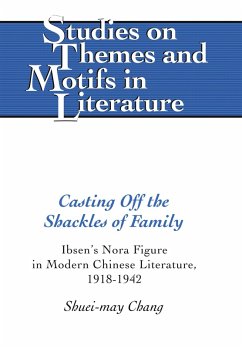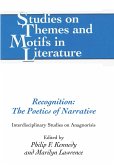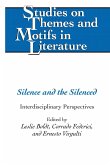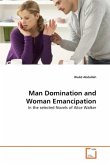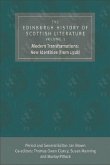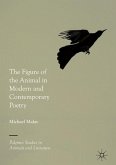Nora, a character from Henrik Ibsen's play A Doll House, was a model for liberal-thinking Chinese women during the May Fourth Era of the 1920s and 1930s. Nora-like figures appeared often in modern Chinese literature to illustrate the issue of women's emancipation. Casting Off the Shackles of Family explores the reception and transformation of the Nora theme in the works of Lu Hsün, Mao Tun, Ting Ling, and other May Fourth writers. In particular, it uses female heroic journey theories to trace women's pursuit of independence and freedom in modern China.
«Locating the transformations of Nora-like figures within patterns of Chinese political myth and modern culture, 'Casting Off the Shackles of Family' provides a fascinating gallery of female figures in modern Chinese literature. Shuei-may Chang's unique angle of reading offers us new ways of approaching modern Chinese literature. It will no doubt be a very useful book to students of modern Chinese literature and history, especially for those interested in the representation of women and early feminist thinking in China. Furthermore, the appeal of the book goes beyond Chinese studies to that of comparative literature... More important, the method of comparison that Chang employs in her manuscript brings to light the workings of transcultural logic as well as the historical specifics of modern China.» (Hu Ying, Associate Professor of Chinese Literature, University of California, Irvine)

